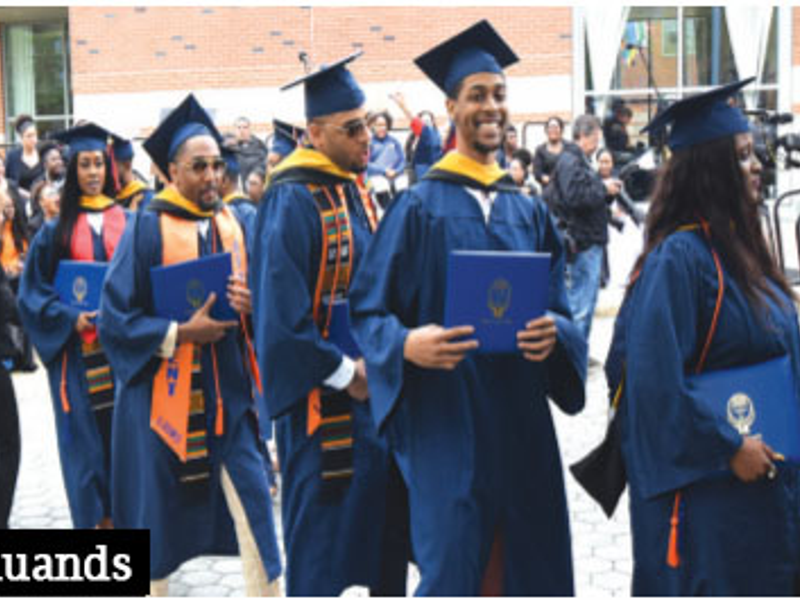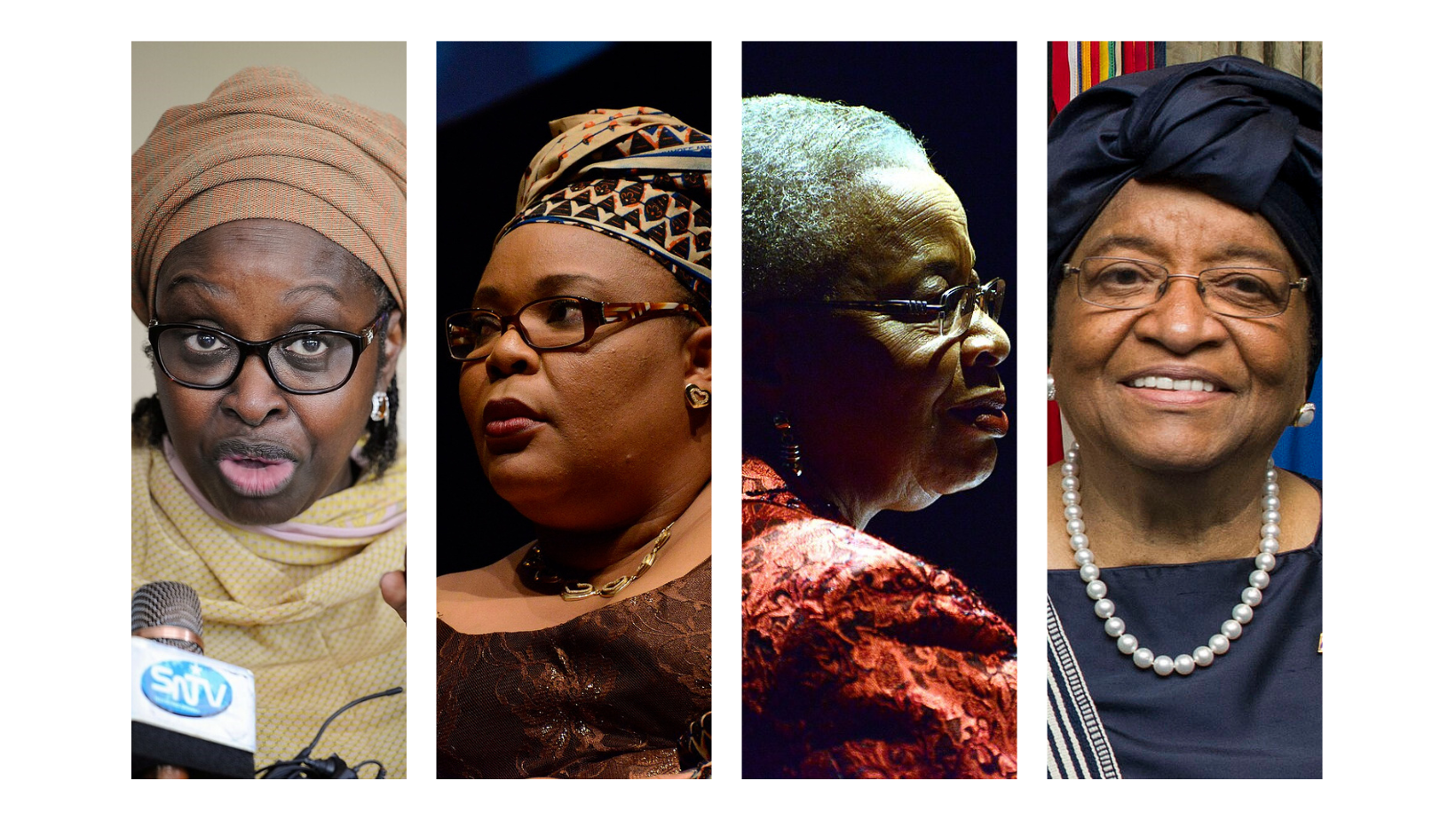
By Ayana Jones
Nestled on 422 acres and surrounded by lush farmland near the town of Oxford in southern Chester County, Pennsylvania, is Lincoln University, the oldest degree-awarding Historically Black College and University (HBCU) in the United States. Founded in 1854 by John Miller Dickey and his wife, Sarah Emlen Cresson, to provide a platform for African American youth who were denied admission to all-White institutions of higher learning, Lincoln has stayed true to its primary mission of awarding degrees in liberal arts and sciences.
“In April of 1866, the formally Ashmun Institute was renamed Lincoln University enrolling students of ‘every clime and complexion’ …White students were encouraged to enroll and two graduated in … the class of 1868.” Over its 163 years, Lincoln has excelled in spite of challenging times.
Dr. Brenda A. Allen, president of Lincoln, addressed how the university differs from other HBCUs as she reflected on its legacy of being founded as an institution that believed in the power of the intellect.
“It has always been focused on a classical rigorous education, preparing individuals to be thinkers, to be leaders, to be problem solvers,” Dr. Allen stated. “It has always had a very liberal arts grounding to it, and I think for that reason it sets it apart from a lot of other HBCUs…that makes it special.”
“We’ve weathered some storms, but nonetheless we’re still moving, and we’re in good shape. That says something about the care that people have taken of this institution,” said Dr. Allen, who graduated from Lincoln in 1981.
She noted that Lincoln has faced trying times and yet is still stable. While other colleges are struggling to keep their doors open, Lincoln has experienced enrollment growth.
During a recent interview with FunTimes magazine on wide-ranging topics, Dr. Allen spoke about the critical role of HBCUs, Lincoln’s history and her vision for Lincoln’s future.
Supporting Black Liberation Worldwide
Lincoln has a history of supporting the Black struggle in Africa and the Caribbean, producing influential leaders such as Nnamdi Azikiwe, the first president of Nigeria; Kwame Nkrumah, the first president of Ghana; and Thurgood Marshall, the first African American Supreme Court justice.
“From its earliest days, Lincoln had an amazing impact on the world,” Dr. Allen said as she reflected on the university’s history. “Leaders like Azikiwe and Nkrumah changed the course of nations, and Marshall swung this whole country around. That’s powerful leadership.”
“We were started to create the sort of missionaries that would go back to Africa and bring Christianity and civilization to the people, and our graduates did almost the opposite,” Dr. Allen explained. “They liberated countries based upon the strengths of those cultures. If you look at Nigeria and Ghana, they are unapologetically African nations, which is not quite what the colonization movement was all about.”
Dr. Allen said Lincoln has an important role in addressing the 21st century African Diaspora struggle worldwide.
“When we think about the forward leadership that we’ve had, it’s really been to push forward the strengths and the contributions of Black people throughout the Diaspora … that our voices matter, that it matters who we are, not in spite of where we come from,” she stated.
“I think we are facing challenges that are similar to the ideologies that we were facing at the turn of the 18th and 19th century, and we have historically been a part of influencing that conversation. It is time we redoubled our efforts to train our students to get out there and be part of those voices because liberation is still not there.”
Dr. Allen reflected on the contribution of HBCUs to the socioeconomic well-being of the Black community. “If we look at who is in the Black middle class today, many got their roots in HBCUs,” Dr. Allen stated. “Even as affirmative action opened up opportunities for people of color and women to go other places, HBCUs continue to produce a disproportionate amount of Black people who go on to get college degrees.”
She cited a study that indicates that African Americans who obtain their degree from HBCUs 15 years out are doing better financially than their peers who attended predominately White institutions. “The data suggests it takes a little bit longer for that education to pay off economically, but in the long run it’s something about this experience and what people end up doing that sets them up well, a decade or so out of school,” Dr. Allen noted.
“I think this has a lot to do with the ability for these institutions to really help people find themselves.”
Financial Sustainability
Dr. Allen is focusing on Lincoln’s financial sustainability at a time when many universities are experiencing funding challenges.
“If we look at what’s going on, states are investing less in higher education, and you can’t continue to grow and settle your financial obligations. At some point you outgrow your ability to offer quality education,” Dr. Allen stated.
“This infinite growth model, especially for schools our size, is just not a sustainable model so we are trying to right-size ourselves into the kind of environment that can offer a very powerful liberal arts education.”
She said, Lincoln’s focuses are having the right faculty-student ratio, the right facilities and the right investments in faculty, scholarships, student internships and study abroad programs. “We’re going to do our best to increase our revenue sources to have a financial model that makes us less dependent on any one or two sources. Then we can use the basis of what has just always been quintessential Lincoln and we will be just fine.”
History
During its history, Lincoln was once regarded as the Ivy League of HBCUs.
“We were rooted in that Princeton model of rigorous classical education, so our strategic plan is reimagining that, because it worked,” Dr. Allen said. “How you deliver liberal arts may be different today than it was in 1854, but the power of the liberal arts is what set us apart. As the elite Ivy League schools evolved, they have never veered far from their core. That’s why they continue to be great.”
“We were veering because we were struggling for identity. My view is that our identity was already there,” she continued. “We just have to reimagine it for the 21st century. We are figuring out how to live up to that historical reputation. History is the greatest thing we have going, and it continues to be relevant. We are articulating that and taking the message beyond Lincoln, a strategy that is getting us back on the map. This is helping us to engage people worldwide who are interested in the same causes.”
“We were known for producing leaders who changed the world. We have to say the world could use a little bit more changing. We want to be there because we’re educating individuals, not just in a fashion that increases their intellect, but with a consciousness about the importance of using that intellect for the benefit of Black people and communities of color specifically,” Dr. Allen said.
Discovering Roots
Dr. Allen leads Lincoln at a time when many HBCUs are in the midst of a crisis. She said HBCUs must rediscover their roots.
“What was happening in our schools is our roots … who you are — if you don’t tend to your roots then your branches die,” Dr. Allen said.
“What is so interesting is that, with very little, we produced people who helped to create change. As we got away from producing those kinds of minds, we got away from having impact. If we rediscover what we did really well and how we contributed, we’ll see that they’re still so much needed today. We need to redouble our efforts to get those kinds of minds out there, ones with a consciousness,” she continued.
“Our mantra is that our students come here to learn and through that learning, we liberate their ability to think critically, and then prepare them to go out and lead. We can retain our position of greatness by refocusing and knowing what our core missions always were.”
Ayana Jones is a Philadelphia-based journalist. She earned her bachelor’s degree in humanities with a concentration in journalism and mass communications from the University of the Virgin Islands.
FunTimes is one of 19 news organizations producing Broke in Philly, a collaborative reporting project on the city’s push towards economic justice. This reporting was made possible with support from Resolve Philadelphia. To read more of our reporting please go to https://brokeinphilly.org <https://brokeinphilly.org/>





